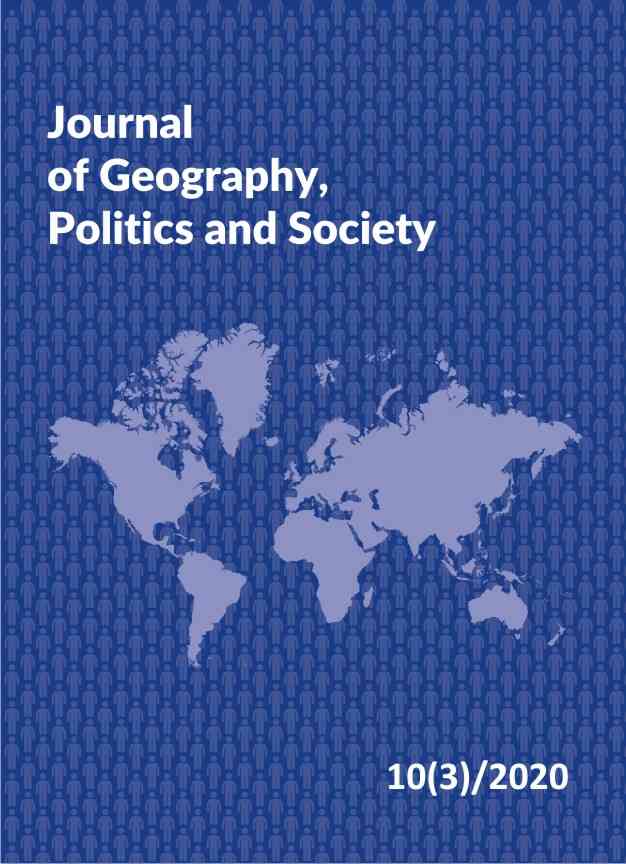Institutions, stakeholders and the city in the 2010s renaming policy in Russia
Institutions, stakeholders and the city in the 2010s renaming policy in Russia
Author(s): Nikita LomakinSubject(s): Politics / Political Sciences
Published by: Wydawnictwo Uniwersytetu Jagiellońskiego
Keywords: political toponymy; memory culture; Russia; renamings
Summary/Abstract: The article presents an overview of the renaming tendencies in Russia of the 2010s and the main stakeholders of the name changing. On the base of the administration websites, online media petitions and other open sources, three cases are examined in detail: 1) Perm, where half of Maksim Gorky street was renamed after the surgeon Sergey Sukhanov in 2015; 2) Kazan, where at the same time Esperanto street was renamed after Nursultan Nazarbaev, causing mass protests for several years; 3) Volgograd, with the discussions about returning to its older name Stalingrad being led for years. Based on the analysis of these cases, the following tendencies are identified: changes of stakeholders motivation for renamings, transfer of power to name from parliamentary institutions to administration, a new perception of the city center and distant districts; and, finally, the appearance of alternative mechanisms of social memory encouraged by the wiping out of older names.
Journal: Journal of Geography, Politics and Society
- Issue Year: 10/2020
- Issue No: 3
- Page Range: 29-41
- Page Count: 13
- Language: English

